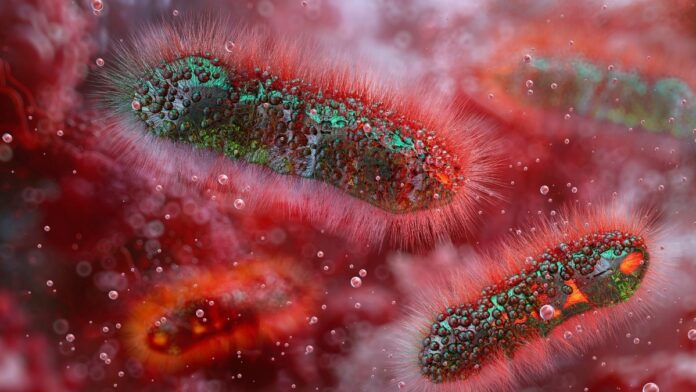A small but intriguing new study suggests that children diagnosed with autism, ADHD, and anorexia nervosa share unexpectedly similar disruptions in their gut microbiomes. These microbial profiles diverge significantly from those of healthy, neurotypical peers, hinting at a possible shared biological link between these seemingly disparate conditions.
The Study Findings
Researchers at Comenius University in Slovakia analyzed stool samples from 117 children, dividing them into three clinical groups (30 with autism spectrum disorder, 21 with anorexia nervosa, and 14 with ADHD) and a control group of age- and sex-matched healthy children. The study revealed consistent alterations in microbial composition across all three disorder groups.
Specifically, the ratio of Bacteroidetes to Firmicutes—two dominant bacterial groups in the human gut—was elevated compared to the control group. This imbalance corresponds with findings in inflammatory diseases, where similar shifts have been linked to glucose metabolism, inflammation, and appetite regulation.
Microbial Patterns Across Disorders
Lower microbial diversity was observed in the ADHD and autism groups, alongside higher levels of Escherichia bacteria. While typically harmless, elevated Escherichia can become pathogenic under certain conditions.
Children with ADHD and girls with anorexia nervosa showed increased abundance of Desulfovibrio bacteria, which thrive in low-nutrient environments. Conversely, both groups had lower levels of Faecalibacterium, a bacterium typically abundant in healthy guts, and its deficiency is linked to inflammatory conditions like irritable bowel disease and depression.
Shared Microbiome Traits
Notably, the researchers observed resemblances in microbial compositions across all patient cohorts, suggesting that gut microbiota may influence behavioral manifestations of mental disorders. This aligns with growing evidence that gut health and brain function are interconnected via the gut-brain axis.
Diet and Microbial Composition
Diet directly impacts gut microbiome diversity. Picky eating, common in autism and ADHD due to sensory sensitivities, and deliberate food restriction in anorexia nervosa may contribute to these shared microbial profiles. Changes in gut microbiota can also exacerbate mental health problems, creating a feedback loop.
Study Limitations
The authors acknowledge limitations, including a small sample size and challenges in collecting stool samples from some children. The COVID-19 pandemic disrupted data collection. It remains unclear whether these gut profiles contribute to the conditions, result from them, or both.
Future Research
The researchers plan larger studies to replicate these findings and gather more reliable gut microbiome profiles. This could eventually aid in diagnosis and treatment, but further investigation is needed.
These findings highlight the complex interplay between gut health, mental disorders, and dietary habits. While preliminary, they underscore the importance of considering the gut microbiome in understanding and addressing these conditions






























